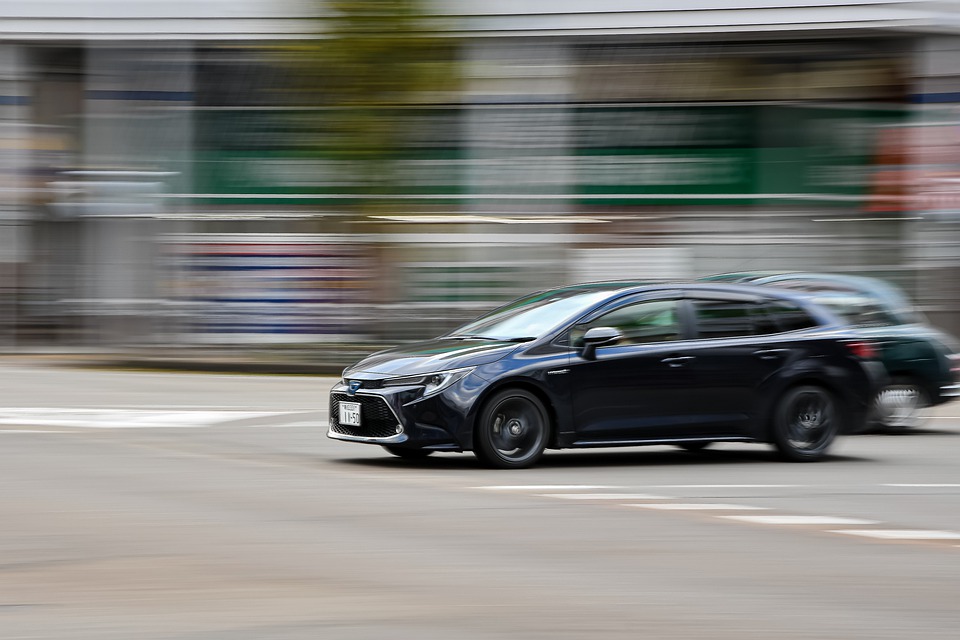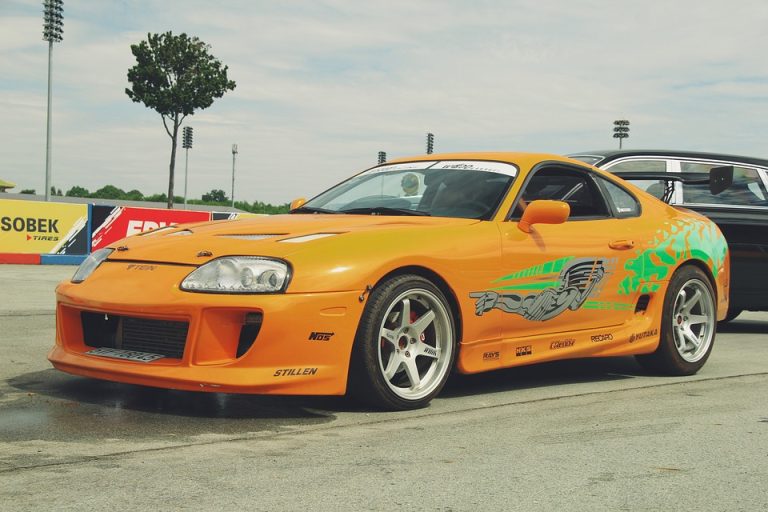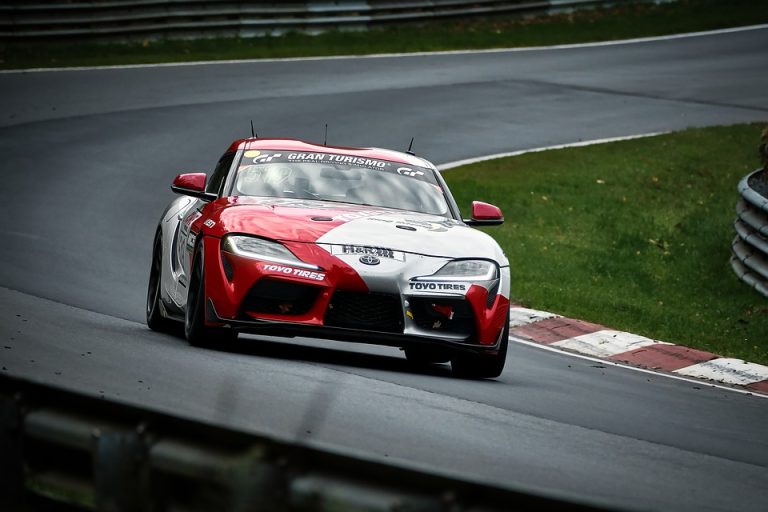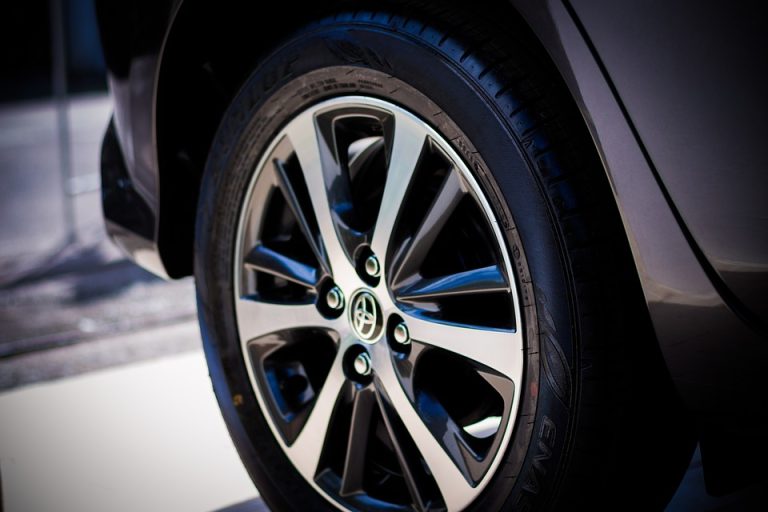Maximizing Your 2006 Toyota Tacoma Gas Mileage
[ad_1]
In this article, we will discuss how to maximize the gas mileage of your 2006 Toyota Tacoma. We will cover driving habits, maintenance tips, and modifications you can make to improve fuel efficiency. By following these tips, you can save money on fuel and reduce your environmental impact.
How can I improve my driving habits to increase gas mileage?
One of the most effective ways to increase gas mileage is to adjust your driving habits. Accelerating slowly, maintaining a steady speed, and anticipating stops can all help improve fuel efficiency. By avoiding sudden accelerations and hard braking, you can reduce fuel consumption and save money at the pump.
Additionally, driving at a moderate speed can also improve gas mileage. Most vehicles achieve their best fuel efficiency between 50 and 60 miles per hour, so driving at a consistent speed within this range can help maximize your 2006 Toyota Tacoma’s gas mileage.
What maintenance tips can help improve gas mileage?
Regular maintenance is essential for maximizing gas mileage. Keeping your 2006 Toyota Tacoma well-maintained can help ensure that it is running efficiently. This includes regular oil changes, air filter replacements, tire rotations, and keeping the tires properly inflated. By keeping up with these maintenance tasks, you can help to improve your truck’s fuel efficiency.
It’s also important to have the engine checked for any issues that could be affecting gas mileage. A tune-up can help address any issues that may be impacting fuel efficiency, such as a faulty oxygen sensor or a clogged fuel injector.
Are there any modifications I can make to improve gas mileage?
There are a few modifications you can make to your 2006 Toyota Tacoma to help improve gas mileage. One option is to invest in a tonneau cover for the truck bed. This can help reduce aerodynamic drag, improving fuel efficiency. Additionally, installing low rolling resistance tires can help improve gas mileage by reducing friction and resistance as the tires roll.
You can also consider installing a cold air intake or a high-flow exhaust system to improve engine efficiency and performance, which can lead to better gas mileage. However, be sure to research and consider any potential trade-offs, such as increased noise and reduced warranty coverage, before making modifications to your vehicle.
How can I track my gas mileage and monitor improvement?
One way to track your gas mileage and monitor improvement is to keep a record of fuel consumption and mileage. You can use a simple notebook or a fuel tracking app to record the amount of fuel you purchase and the distance you travel. By comparing this data over time, you can see if your efforts to improve gas mileage are paying off.
You can also consider using a fuel economy monitor or gauge, if your 2006 Toyota Tacoma is equipped with one. This can provide real-time feedback on your driving habits and fuel consumption, helping you make adjustments to maximize gas mileage.
Conclusion
By adjusting your driving habits, staying on top of maintenance, and considering vehicle modifications, you can maximize the gas mileage of your 2006 Toyota Tacoma. Improving fuel efficiency not only saves you money but also reduces your impact on the environment. By following these tips, you can make your truck more fuel-efficient and enjoy the benefits of lower fuel costs and reduced emissions.
FAQs
Q: Can using cruise control improve gas mileage?
A: Cruise control can help maintain a steady speed, which can improve gas mileage on long highway drives. However, it’s important to note that using cruise control on hilly terrain or in heavy traffic may not be as effective for maximizing fuel efficiency.
Q: Does the type of fuel I use impact gas mileage?
A: Using the recommended fuel grade for your 2006 Toyota Tacoma is important for maintaining optimal engine performance and fuel efficiency. Using a higher octane fuel than recommended will not improve gas mileage and may actually be less efficient.
Q: Will adding weight to my truck decrease gas mileage?
A: Yes, carrying excess weight in your truck, such as heavy cargo or unnecessary items, can decrease gas mileage. It’s best to remove any unnecessary weight from your vehicle to improve fuel efficiency.
Q: Can I improve gas mileage by idling less?
A: Yes, reducing idling time can help improve gas mileage. Turning off your engine when parked and waiting for an extended period can help conserve fuel and improve fuel efficiency.
Q: Are there any driving techniques I can use to maximize gas mileage?
A: Yes, techniques such as coasting to a stop, using the highest gear possible, and avoiding unnecessary acceleration and braking can help improve gas mileage by reducing fuel consumption.
[ad_2]







